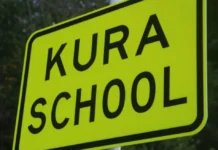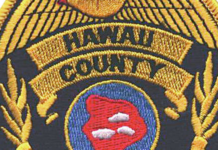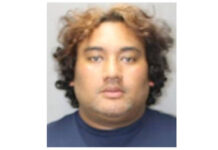Nuku’alofa, Tonga – Tens of thousands of Tongans living in the United States could be impacted after the US Supreme Court cleared the way for President Donald Trump’s administration to move forward with plans to end automatic birthright citizenship.
This comes as more than 200,000 Tongans—both in the kingdom and across the diaspora—await the government’s response to a Trump administration’s memo, fearing it may restrict their travel to the US.
As Kaniva News recently reported, the US demanded that Tonga and 35 other countries respond within 60 days—though Prime Minister ’Aisake Eke insisted Tonga was not given a formal deadline—before imposing a travel ban.
The Trump administration required these nations to strengthen passport vetting procedures, accept deportees from third countries, and take action against what it called “widespread government fraud.” There were additional requirements included.
We also reported this week that a court decision has allowed the resumption of issuing visas to international students in the United States. Still, applicants must agree to enable U.S. immigration officers to access their social media accounts as part of their supporting evidence.
The U.S. Census Bureau reports that approximately 80,000 residents identify as having Tongan ancestry.
Trump applauded the decision, telling reporters it was a “monumental victory for the Constitution, the separation of powers, and the rule of law.”
His order aims to end birthright citizenship for children of both undocumented immigrants and those legally but temporarily present in the U.S., including individuals on student, work, or tourist visas.
Birthright citizenship automatically makes anyone born in the United States an American citizen, including children born to mothers in the country illegally. The right was enshrined soon after the Civil War in the Constitution’s 14th Amendment.
Legal Limbo Looms
On his first day back in office, President Trump signed an executive order targeting birthright citizenship, a move that immediately sparked legal challenges. Federal judges had initially blocked the order with nationwide injunctions.
Still, in a 6-3 decision on Friday, the Supreme Court ruled that such injunctions should only apply to the states or individuals who filed lawsuits, not the entire country.
This means the Trump administration can now enforce its policy in some states.
In contrast, legal battles continue in others, creating a patchwork of laws that could leave many Tongan families in a state of limbo.







